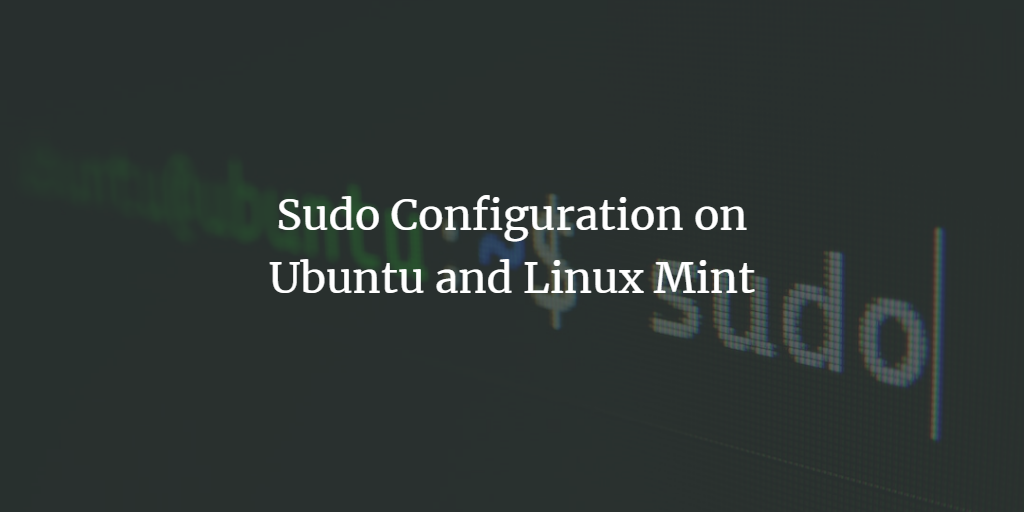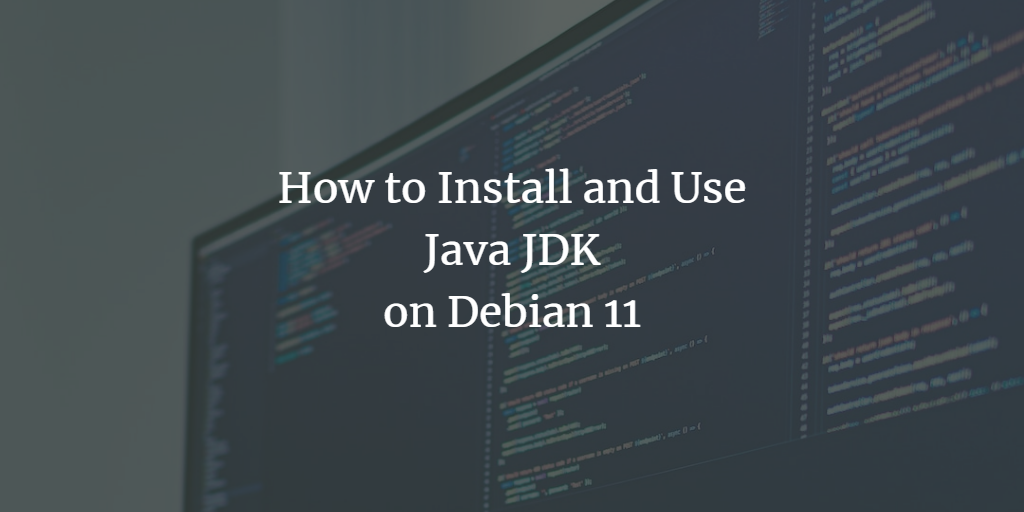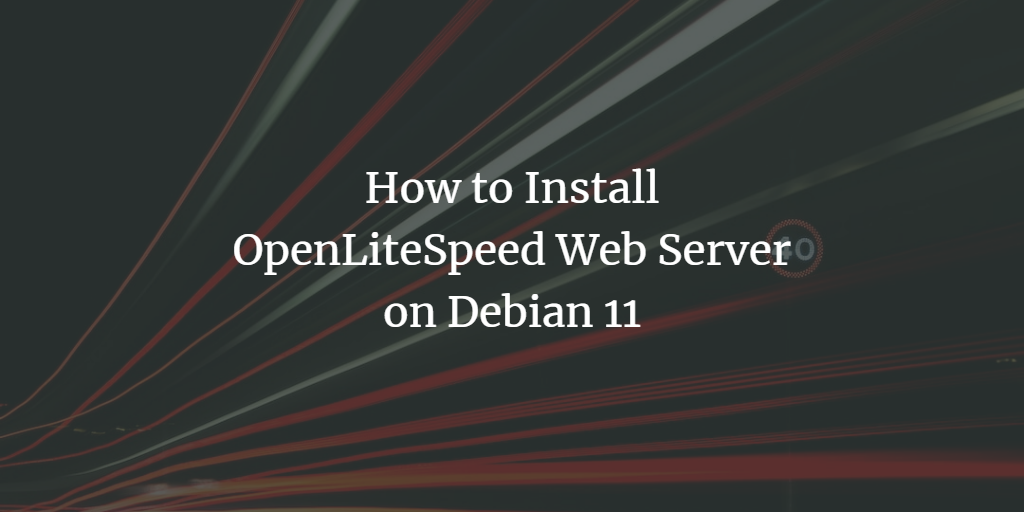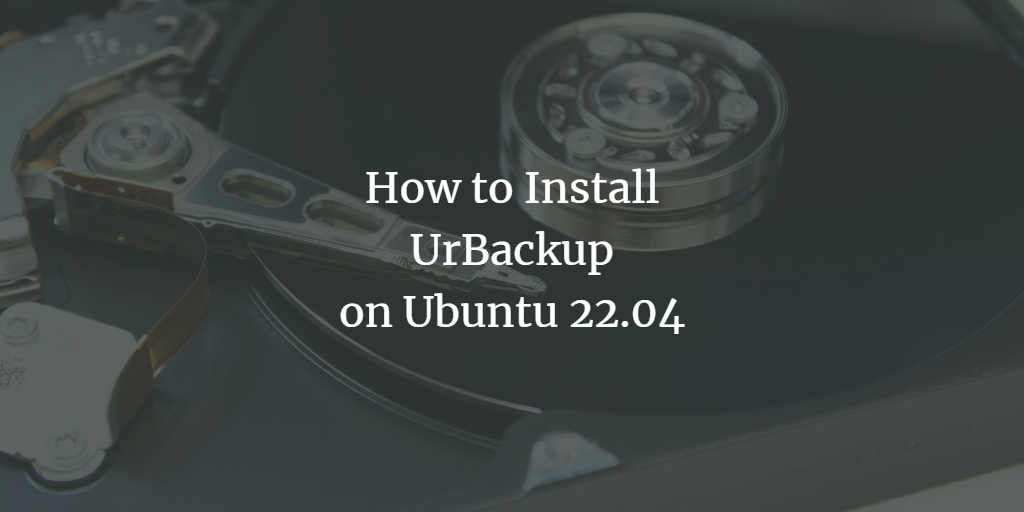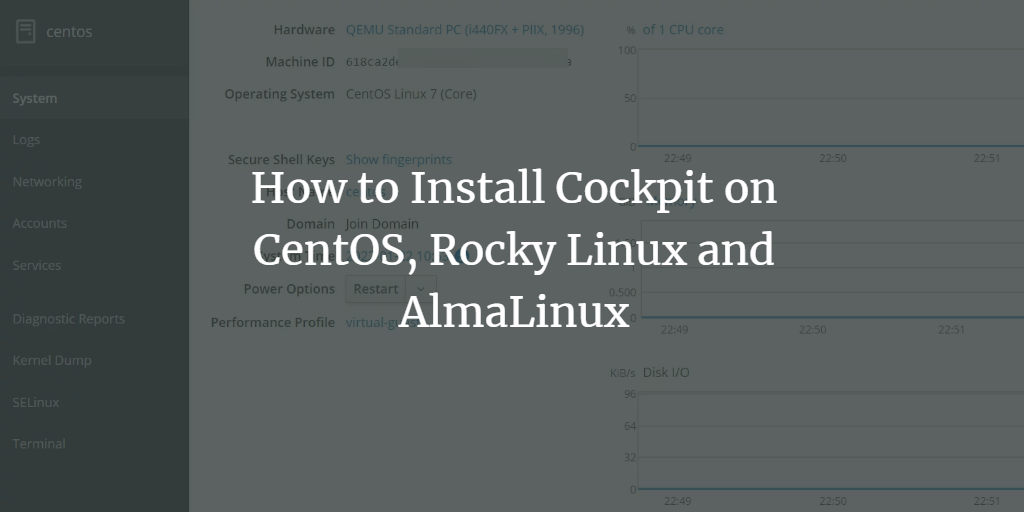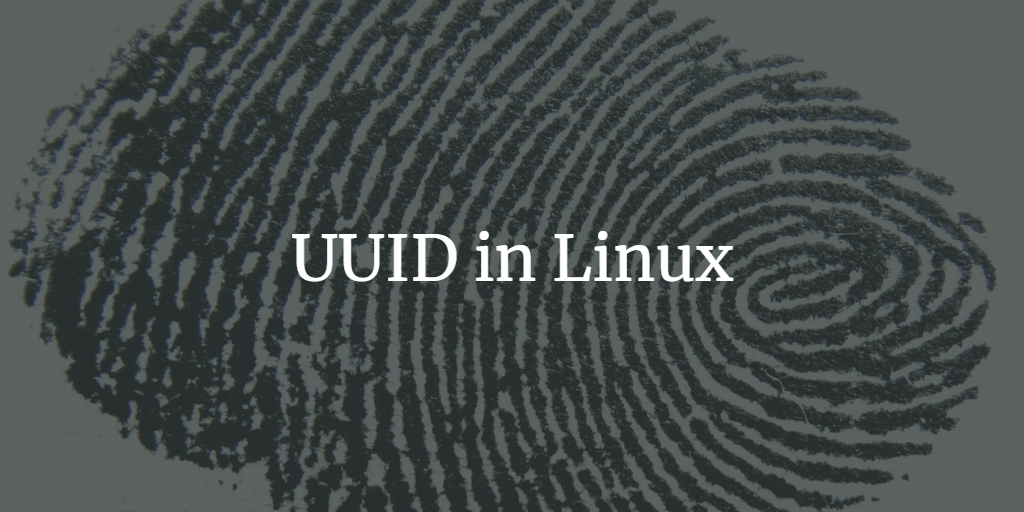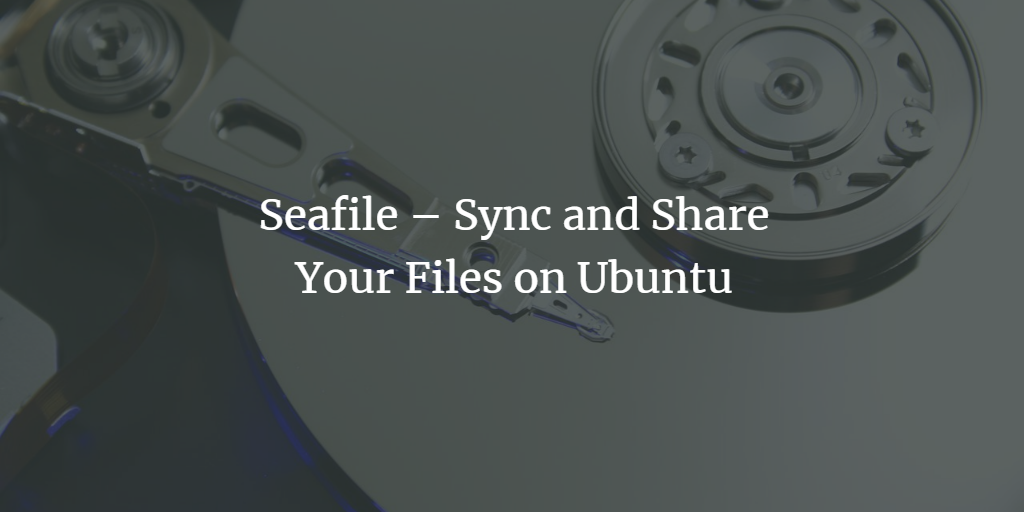Sudo Configuration on Ubuntu and Linux Mint
System administrators can allow users to execute commands without passwords using Sudo rights, also known as superuser do. This command temporarily elevates privileges, allowing users to do crucial tasks without logging in as the root user. As a result, you must authenticate yourself by entering your login credentials into the system, confirming that you have … Read more
